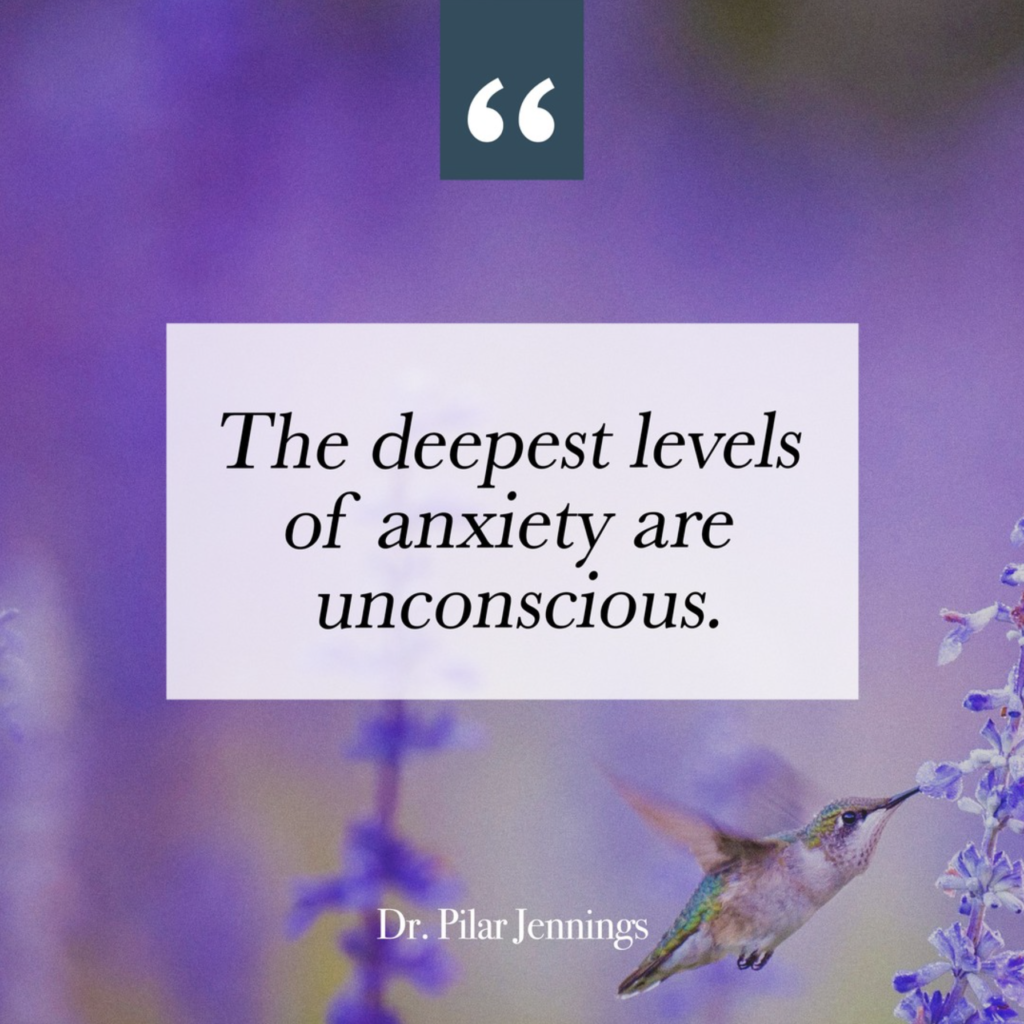Why is it so hard to face our #anxiety?
There’s an interesting insight offered in the psychoanalytic tradition – it’s possible to be anxious without knowing it.
We might think we’re restless, burnt-out, bored, etc. Anything other than anxious.
And yet, when we slow down enough to notice what’s contributing to the signs of anxiety – tight jaw, contracted gut, sleep problems, fuzzy thinking, often we’ll notice anxiety lurking.
Working through anxiety takes time. More often than not, it’s tempting to manage anxiety through efforts at control, self-soothing through food or alcohol or sleep, or simply avoiding anything that you sense stirs more anxiety. But these efforts to manage anxiety instead of facing into the causes, kicks the pain down the road.
#Buddhistpsychology encourages us to risk turning toward the anxiety, even if we’re sure we’ll just feel worse.
And what this approach adds to a psychoanalytic one, is the addition of compassion.
No one wants to feel anxiety – it’s dreadful! And yet, when we have a look at what’s caused our anxiety – loss, confusing relationships, trauma – we might come to appreciate that we’ve lived through something that felt unsafe and threatening.
And the more we appreciate what we’ve lived through, the more we’re likely to understand that our suffering deserves some friendly curiosity and respect.
When the respect and #compassion are accessed, it won’t feel as scary to turn toward anxiety.
And the more we investigate its causes, the more it’s likely to settle.
The Deepest Levels of Anxiety Are Unconscious
